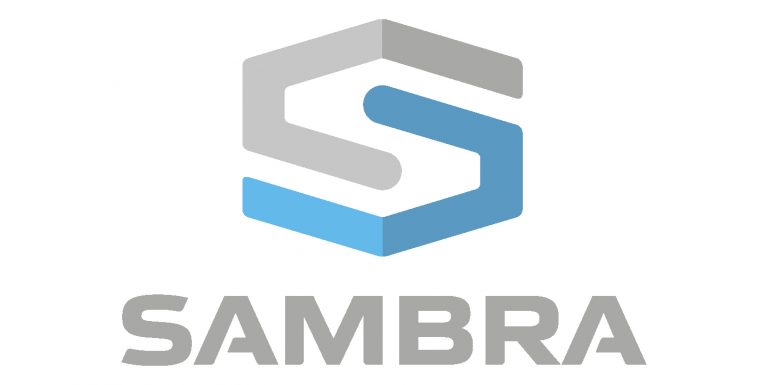Motor vehicle insurance should be simple and, most importantly, provide the motorist with peace of mind. Talk to any motorist and he will generally feel comfortable that provided he has insurance in place, if there is an accident the repairs will be taken care of. But is that always the case?
What if the motor body repair industry completes the work but the payment is not forthcoming or is delayed for some reason from the insurer? Who is liable then?
Richard Green, National Director of the South African Motor Body Repair Association (SAMBRA), a proud association of the Retail Motor Industry Organisation (RMI), says legally if the insurer fails to make payment on the due date for services rendered, a SAMBRA member is within its rights to retain the vehicle, or if the vehicle has already been released, to claim full value from the customer.
Green explains that on most contracts initially signed upfront by the customer there is a clause which states that the customer will then be liable for any outstanding invoices as well as for costs associated with storage and administration.
“Clearly this is not a satisfactory arrangement for the unsuspecting motorist or the repairer who has no guarantee of receiving monies for work completed,” says Green.
He provides the following six guidelines for motorists:
• Know what your standard insurance clauses cover – It is extremely important to understand the terms of your insurance cover. Key issues to check are:
– Do you understand the extent of your excess?
– Have you taken hire car cover? It is very inconvenient being without your car, so carefully consider this option.
– Understand the terms of the contract should the vehicle be written off by your insurer. Often the amount they pay out in the event of a write-off may not cover what you have outstanding on your finance agreement.
– Check who gives authorisation to the repairer – The authorisation to the repairer is often provided by the broker on behalf of the insurer.
However, as pointed out above, the broker cannot pay the motor body repairer unless the funds are provided by the insurer.
• What are your rights? Can you choose your own repairer?
You may choose your own repairer however you need to ensure that you have not signed away that right in your insurer contract. While it is your right to choose your own repairer, it is very important that you choose a repairer that belongs to a reputable association such as SAMBRA as this ensures the repairer has achieved accreditation criteria that should result in the delivery of excellent service and quality.
• What happens if your insurer/underwriter cannot make good on the claim? Who is liable for costs?
In the event that your insurer does not pay the invoice to your chosen repairer, the repairer is entitled to retain your vehicle until full payment is made. In other words, if your insurer does not pay, YOU are liable.
• Can you protect yourself as the consumer? The only protection you have is your choice of insurer and motor body repair. Choose a reputable insurer and use an accredited SAMBRA member.
• What to look out for
– Do your research. Ensure that your choice of insurer and motor body repairer are wise choices based on previous experience or reputation. Check out the credentials of the service provider and insurer with SAMBRA or SAIA (South Africa Insurance Association). A list of accredited members can be found on www.sambra.biz
– When first choosing a vehicle be aware that fancy colours are far more expensive to repair.
– Be aware that if you have added accessories to your vehicle they may not be covered unless you have advised your insurer and they are noted either under comprehensive or specified cover.
“At the end of the day knowledge is king. Make sure you understand all the terms and conditions of your repair and your claim rather than being caught unawares and being left with a hefty bill when you least expect it. Take time upfront to go through some of these important points,” concludes Green.


